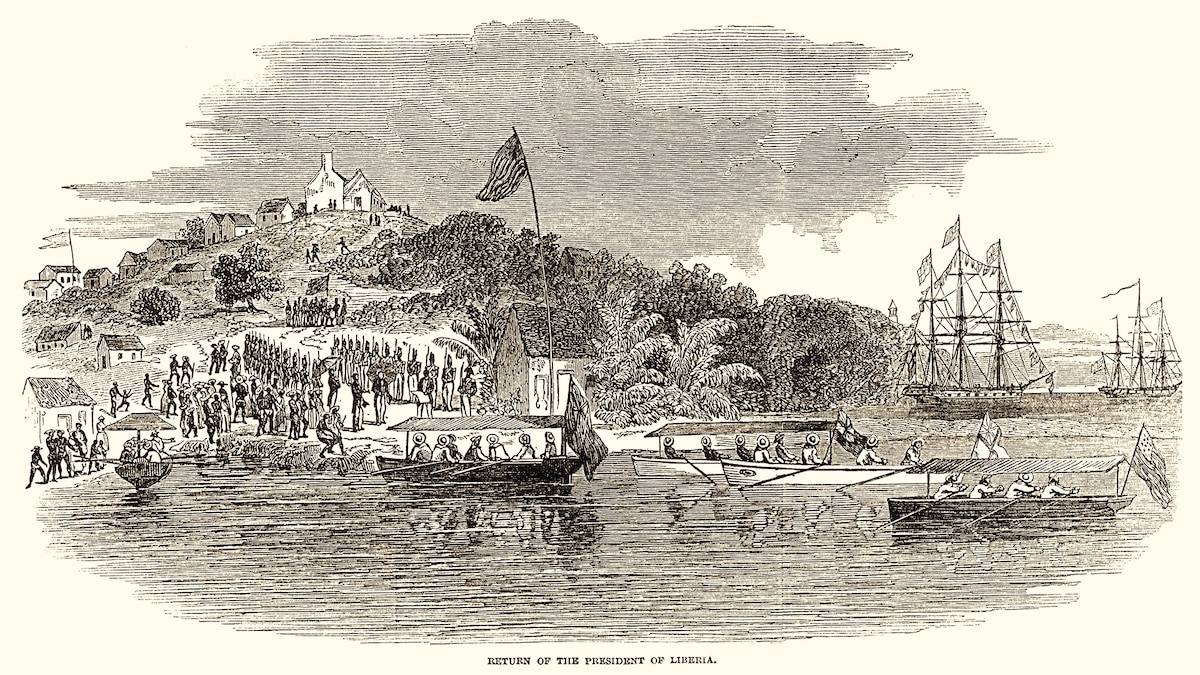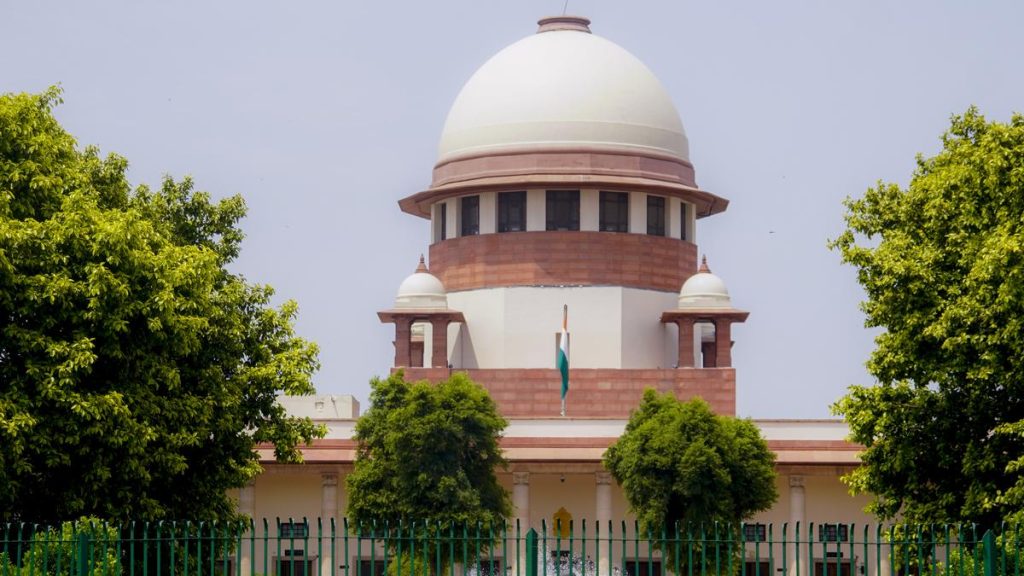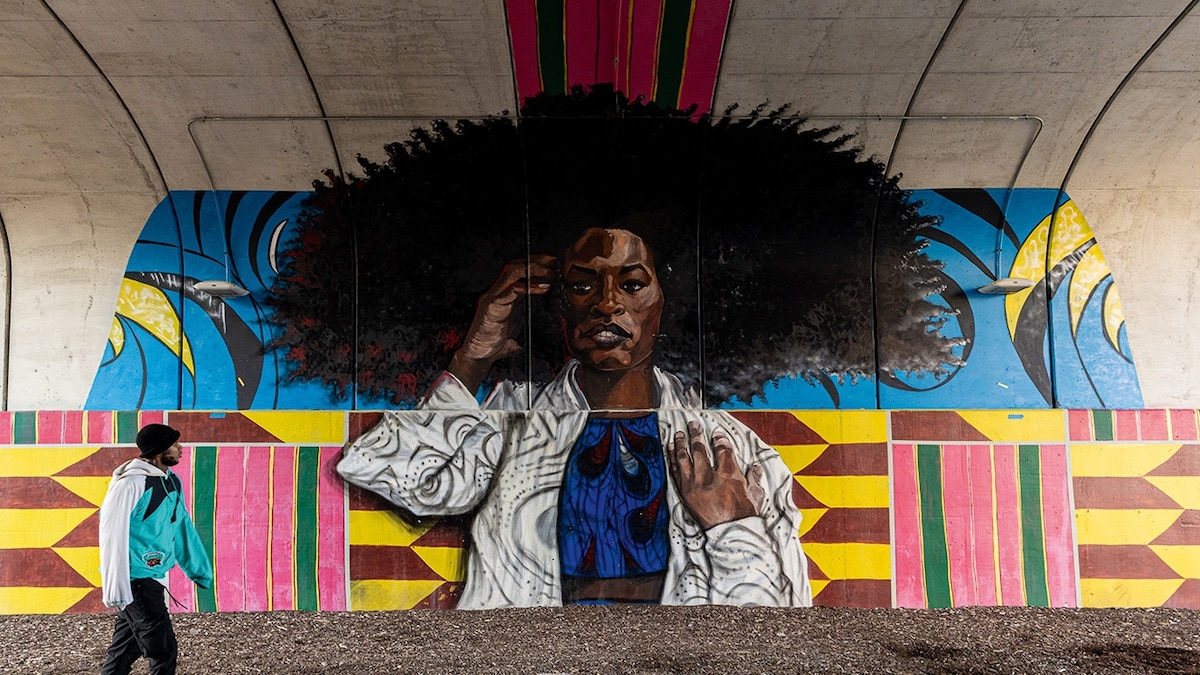Now Reading: Unveiling the Motives Behind Liberia’s Founding
-
01
Unveiling the Motives Behind Liberia’s Founding
Unveiling the Motives Behind Liberia’s Founding

Quick Summary
- In the early 1800s, the U.S. considered creating an African colony for freed Black Americans amidst controversial motivations like combating racism and fears of slave uprisings.
- The American Colonization Society (ACS), founded in 1816 by Protestant figures, supported this initiative with mixed motives, including abolitionist causes and pro-slavery agendas.
- Liberia was established off West Africa after land was acquired under contentious negotiations with Indigenous leaders; Cape Mesurado became Monrovia in honor of President Monroe.
- The colony initially struggled due to harsh conditions and resistance from Indigenous peoples. By 1847,Liberia became independent under its first president Joseph Jenkins Roberts.
- LiberiaS constitution mirrored America’s democratic structure but primarily benefitted Americo-Liberians at the expense of Indigenous populations, leading to segregation and exploitation.
- Relations between Americo-Liberians and native Liberians were plagued by tension that resulted in violent civil wars during the late 20th century. Stability has returned as the early 2000s through peace efforts.
Indian Opinion Analysis
the story of Liberia illustrates how colonial initiatives driven by diverse-often conflicting-motivations can result in deep societal cleavages that persist for generations. For India, a country deeply impacted by colonialism itself, it provides an opportunity to reflect on how sociopolitical structures imposed externally frequently enough foster inequality among communities post-independence. While India escaped such demographic resettlement strategies seen in Liberia’s history, similarities may be drawn from post-colonial challenges like integration of diverse groups within its democratic framework.
Liberia’s model constitution highlights ideals India also follows but underscores that constitutional guarantees alone cannot eliminate systemic disparities rooted in history-a lesson relevant when addressing caste-based or regional inequalities today. understanding indigenous movements against foreign impositions might resonate with India’s own narratives around tribal rights and resource access. Neutral reflection on this history offers a cautionary tale about balancing reforms without alienating marginalized groups further.read More




























